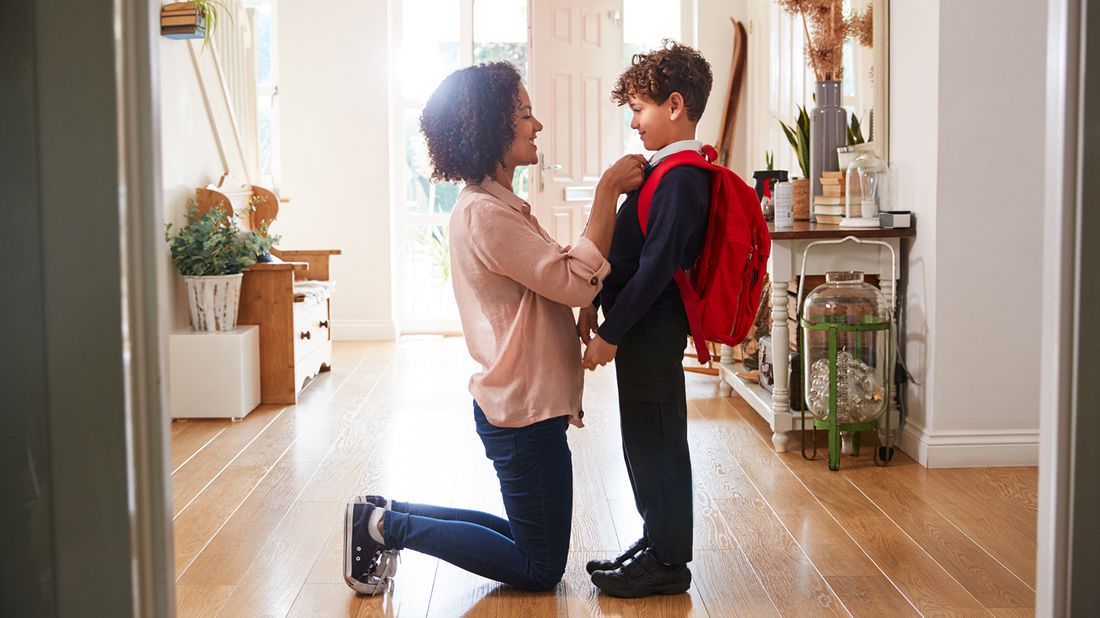
- #Children are attending school remotely in how to#
- #Children are attending school remotely in update#
- #Children are attending school remotely in code#
- #Children are attending school remotely in free#


school staff their child will interact withĪll school and college staff should continue to act immediately (following their child protection policy and the processes set out in part 1 of guidance on keeping children safe in education) if they have any concerns about a child or young person’s welfare, whether the child or young person is physically in school or learning from home.Ĭhildren should be encouraged to speak up if they come across something worrying online.It is especially important for parents and carers to be aware of what their children are being asked to do, including:
#Children are attending school remotely in how to#
You should offer support and advice on how to do this. In your conversations with parents, carers and children you should emphasise the importance of a safe online environment, which amongst other things, means keeping any passwords and credentials safe. Important conversations with parents, carers and children Guidance on teaching online safety in schools provides information to help schools ensure their children understand how to stay safe and behave online. Call 03 or email The helpline is open from Monday to Friday from 10am to 4pm.
#Children are attending school remotely in free#
Schools can access the free Professionals Online Safety Helpline ( POSH) which supports the online safeguarding of both children and professionals. Digital wellbeing of learners guide from Jisc which curates a number of resources and guides.guidance from the South West Grid for Learning ( SWGfL) on safe remote learning.advice from the National Society for the Prevention of Cruelty to Children ( NSPCC) on undertaking remote education safely.Schools and colleges also may wish to use these resources to understand more about how to ensure online education is safe: It also includes support for schools and colleges to signpost parents and carers to help them keep their children safe online. Guidance on keeping children safe in education includes information and support to help schools and colleges keep children and young people safe online and a dedicated collection of resources (at Annex D) to support safe remote education, virtual lessons, and live streaming.
#Children are attending school remotely in update#
Schools and colleges (led by their designated safeguarding lead) should review and update their child protection policy to reflect the fact children may be learning both online and in the classroom. Schools and colleges may want to update their policies to reflect remote online education provision.
#Children are attending school remotely in code#
Teachers delivering remote education online should be aware that the same principles set out in the school or college staff behaviour policy (sometimes known as a code of conduct) will apply. Keeping children and teachers safe during remote education is essential. Safeguarding children and teachers online



 0 kommentar(er)
0 kommentar(er)
